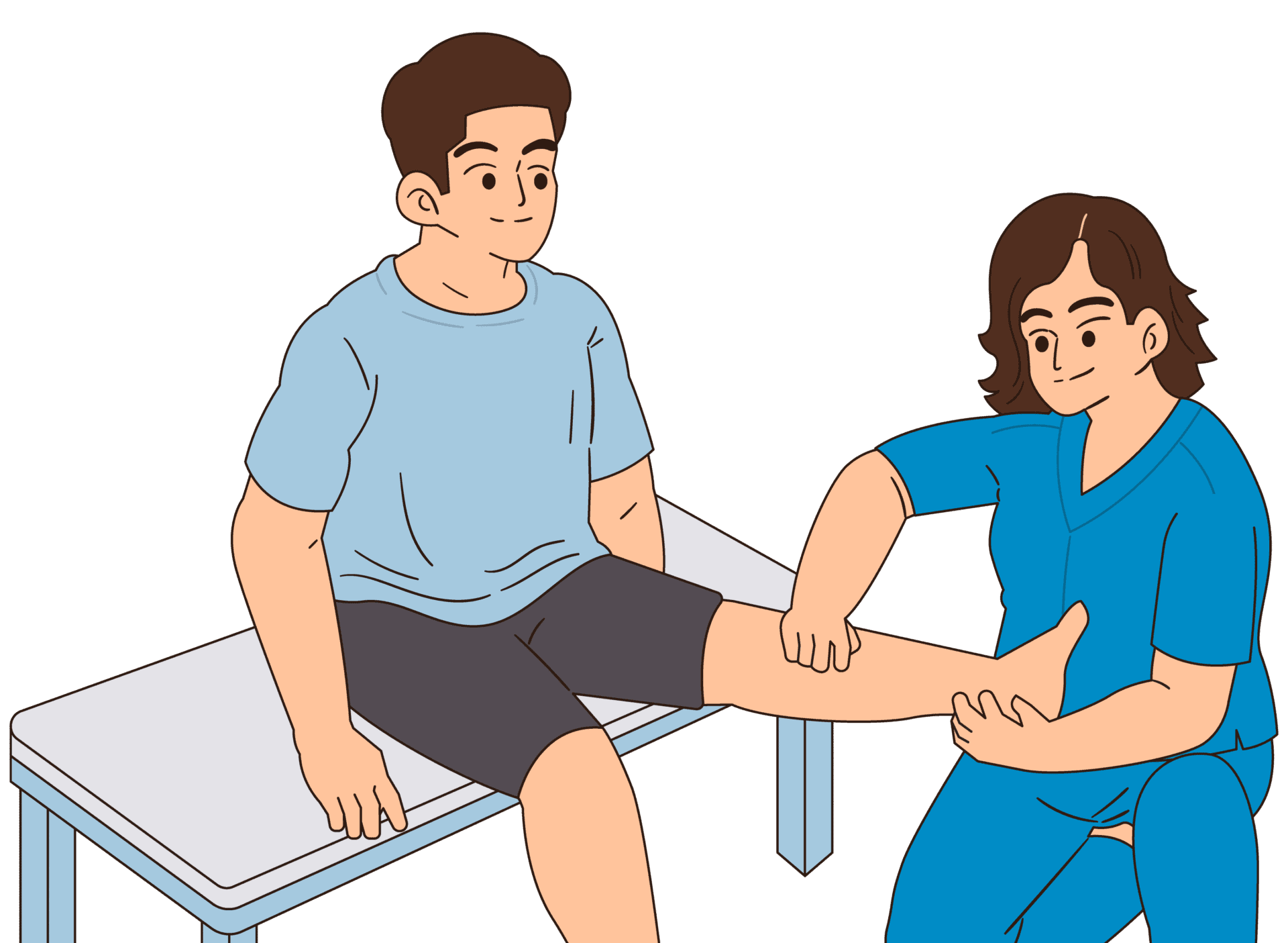Fine motor skills are the foundation for many everyday tasks—zipping a jacket, using scissors, or holding a pencil. For young children, especially those in early development or receiving occupational therapy, these skills are essential for growing independence and confidence.
At Quality Therapy, we believe progress continues beyond the therapy room. Here are three simple, practical ways to support fine motor development at home.
1. Encourage Craft Time
Arts and crafts naturally build hand strength and coordination. Try activities such as:
- Tearing paper to create collages
- Cutting along lines with child-safe scissors
- Threading beads or pasta onto yarn
These activities help refine finger control and build the small muscles needed for tasks like writing.
2. Turn Play into Practice
Play-based activities can be a powerful tool for developing fine motor skills. Consider:
- Building with blocks or interlocking toys
- Completing puzzles with knobs or pegs
- Hiding small objects in putty or dough for a sensory scavenger hunt
These types of play improve dexterity, bilateral coordination, and hand-eye coordination.
3. Involve Kids in Daily Routines
Simple tasks like cooking or self-care are full of motor challenges. Let your child:
- Stir ingredients, spread peanut butter, or pour cereal
- Open containers or zip their backpack
- Practice buttoning, snapping, or using Velcro during dressing
Daily routines provide natural opportunities to build strength and confidence.
When to Seek Support
If your child seems frustrated with fine motor tasks, avoids them, or fatigues easily, it may be time to connect with a professional. Our team at Quality Therapy offers compassionate, individualized support to help your child reach important milestones.
Stay connected with our blog for more tips, tools, and stories to help your child grow with confidence.




